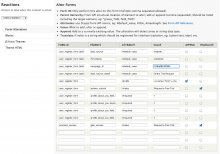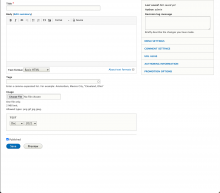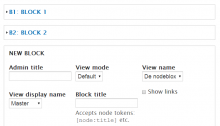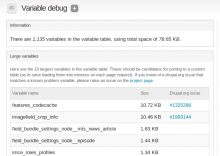Step 1.) Create Module file like: yourmodule.info
name = "yourmodule module"
description = "Send Emails for multiple friends module"
core = 7.x
files[] = yourmodule.module
Step 2) Create module file like: yourmodule.module
<?php
function yourmodule_menu() {
$items = array();
$items['sendemail'] = array(
'description' =>'Provide invite form',
'page callback' =>'drupal_get_form',
'page arguments' =>array('yourmodule_form'),
'access callback' => TRUE
);
return $items;
}
function yourmodule_form($form,&$form_submit) {
$form['title'] = array(
//'#title' => 'email',
'#type' => 'textfield',
//'#name' =>'text1',
'#attributes' =>array('placeholder' => t('Enter Your E-mail address')),
);
$form['title1'] = array(
//'#title' => 'email1',
'#type' => 'textfield',
// '#name' =>'text2',
'#attributes' =>array('placeholder' => t('Enter Your E-mail address')),
);
$form['title2'] = array(
'#type' => 'textfield',
// '#name' =>'text3',
'#attributes' =>array('placeholder' => t('Enter Your E-mail address')),
);
$form['title3'] = array(
'#type' => 'textfield',
//'#name' =>'text4',
'#attributes' =>array('placeholder' => t('Enter Your E-mail address')),
);
$form['submit'] = array(
'#type' => 'submit',
'#value' =>'send invites',
);
return $form;
 Support for Drupal 7 is ending on 5 January 2025—it’s time to migrate to Drupal 10! Learn about the many benefits of Drupal 10 and find migration tools in our resource center.
Support for Drupal 7 is ending on 5 January 2025—it’s time to migrate to Drupal 10! Learn about the many benefits of Drupal 10 and find migration tools in our resource center.




